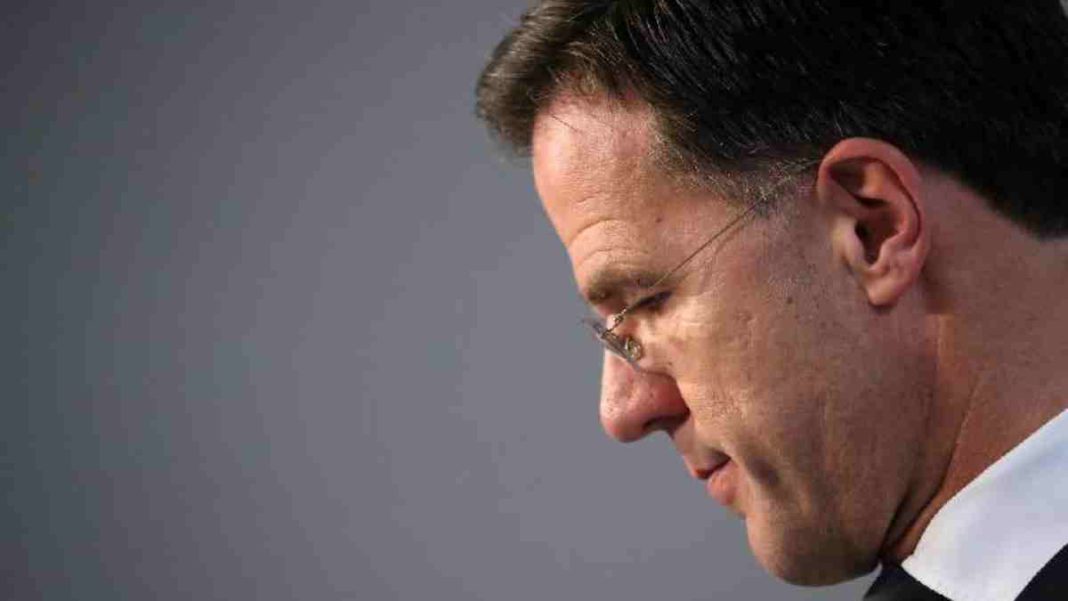NETHERLANDS: The Dutch government collapsed as its ruling coalition failed to reach an immigration policy accord, shedding light on the ongoing challenge of asylum seekers entering Europe.
Prime Minister Mark Rutte, Europe’s longest-serving head of government, announced his resignation. Rutte acknowledged the coalition’s differing opinions on immigration policy, stating that these disagreements are currently irreconcilable.
New general elections are scheduled for autumn, with Rutte leading the caretaker administration. The coalition government has grappled with resolving issues such as establishing temporary and permanent asylum for those escaping conflicts and persecution.
They have also disagreed on family reunion rules, with Rutte suggesting restrictions on entry for war refugees and proposing a minimum two-year delay. However, Rutte refuted these claims, as reported by NOS.
The Dutch government faces a crisis due to the disagreement over immigration policy, arising from the Christian Union and centrist D66 parties refusing to reach an agreement with Rutte’s party.
The Christian Union party emphasizes the importance of children growing up with their parents and aims for a humane and effective migration policy. This crisis underscores the country’s struggle to maintain its stringent immigration laws.
Immigration has become a significant issue in Europe, attracting nationalistic and right-wing parties while drawing criticism from human rights campaigns. In 2022, more than 400,000 migrants immigrated to the Netherlands, and over 21,000 asylum seekers applied for refuge there. Dutch relief organizations faced challenges in providing assistance to these migrants due to the deplorable conditions they encountered.
The Netherlands confronts a housing shortage for its population of over 17 million, straining its capacity. To address this issue, the ruling parties have been engaging in frequent meetings, including a late-night cabinet meeting on Friday. Defence Minister Kajsa Ollongren stated that negotiations were unsuccessful, while finance minister Sigrid Kaag emphasized the need for a fair and effective solution that respects human lives.
Over the past decade, far-right groups advocating against immigration have gained popularity in the European Union, leading to an increased focus on immigration and asylum issues by right- and center-wing parties. Sweden Democrats, a neo-Nazi group, secured 20.5 percent of the vote in Sweden, becoming the country’s second-largest political force in parliament. Spain’s Vox party performed better than expected in regional elections.
Marine Le Pen, a far-right French leader, reached the final round of the presidential election last year. Hungary’s Viktor Orban maintains his position by denouncing immigration, while Italy’s Giorgia Meloni, despite her history of opposing immigration and the EU, formed a hard-right coalition, raising doubts about her country’s reliability within the Western alliance.
In 2021, Rutte and his cabinet resigned following a report that exposed systemic failures in protecting households from tax inspectors. However, Rutte was reinstated in December 2021 after nine months of discussions.
Also Read: India and Netherlands Join Hands to Participate in a Mega G20 Beach Cleanup



